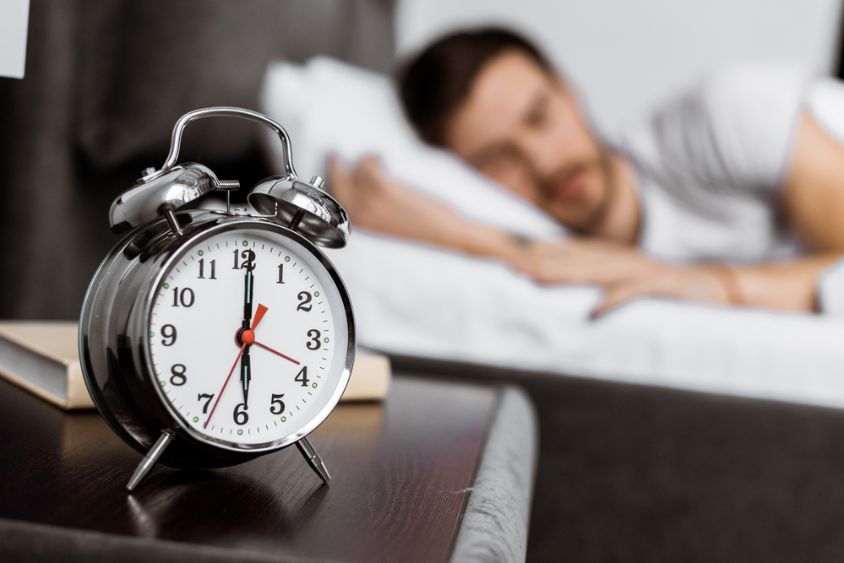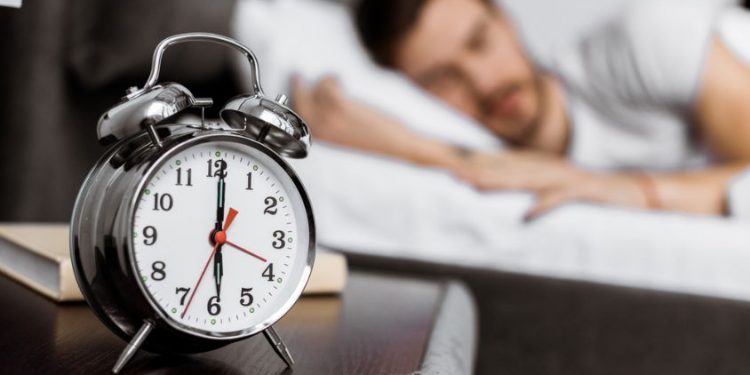Night sweats symptoms can be caused by a number of conditions, including hormonal changes during menstruation, pregnancy, or menopause. They may also occur as a side effect of some medications. They are usually not related to a serious illness like cancer, but it is still a good idea to discuss your concerns with your healthcare provider.
Some people are not even aware they’re sweating, especially if the symptoms don’t interfere with their sleep or disrupt normal activities during the day. However, if the night sweats are accompanied by fever, unexplained weight loss, or pain in the lymph nodes, you should see your doctor immediately to determine whether they are an indication of a health problem.
Causes of Night Sweats
The most common causes of night sweats include hormone fluctuations during your menstrual cycle and pregnancy. These causes are often benign, and you can improve your symptoms by making changes to your lifestyle and adjusting your medication regimen.
Other causes of night sweats include a cold or fever, infection, and certain drugs, such as methadone and antidepressants. You may need to adjust your dose of these drugs or avoid them altogether if they are causing increased night sweating.
Hormone-related night sweats are common during the menopause transition, as estrogen levels decline before your period. They can occur along with other symptoms, such as vaginal dryness and hot flashes.

Infections and autoimmune disorders can also cause night sweats. This is because these diseases can affect your body’s natural ability to control your sweating.
Medications that affect your sex hormones can also increase your sweating, such as birth control pills and some antibiotics. If you are taking any of these drugs, be sure to talk with your doctor before changing your dose or stopping them completely.
Excessive sweating that is not caused by an underlying health issue can be called hyperhidrosis, or “excessive sweating for no known reason.” This condition is rare and should be discussed with your physician.
The best treatment for excessive sweating depends on the cause, and it can be as simple as switching to a different antiperspirant or adding an anticholinergic medication to your daily routine.
It’s also a good idea to make sure that you are drinking plenty of water during the day. This will help keep your body hydrated and less likely to cause you to sweat, so you can get a good night’s sleep.
If you’re in the early stages of menopause or perimenopause, your doctor might suggest hormone replacement therapy to treat your symptoms. This can reduce or eliminate your night sweats.
You can also take steps to prevent your night sweats from happening in the first place. This includes avoiding certain foods and beverages that aggravate the symptoms of menopause, such as spicy foods, alcohol, and caffeine late in the day.
Your doctor might also recommend a change in your sleep environment. For instance, try a softer mattress or pillow to keep your body cooler.









